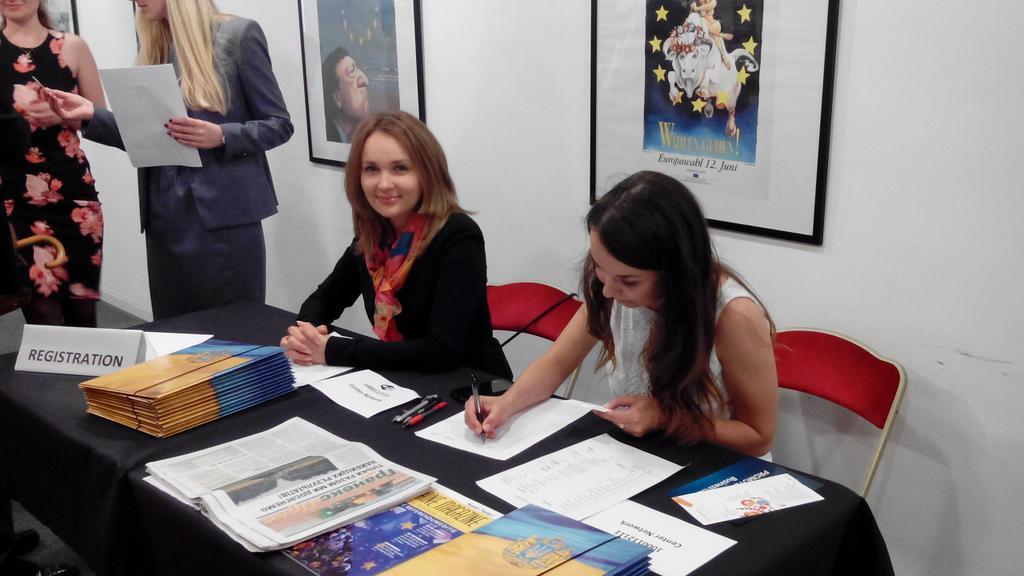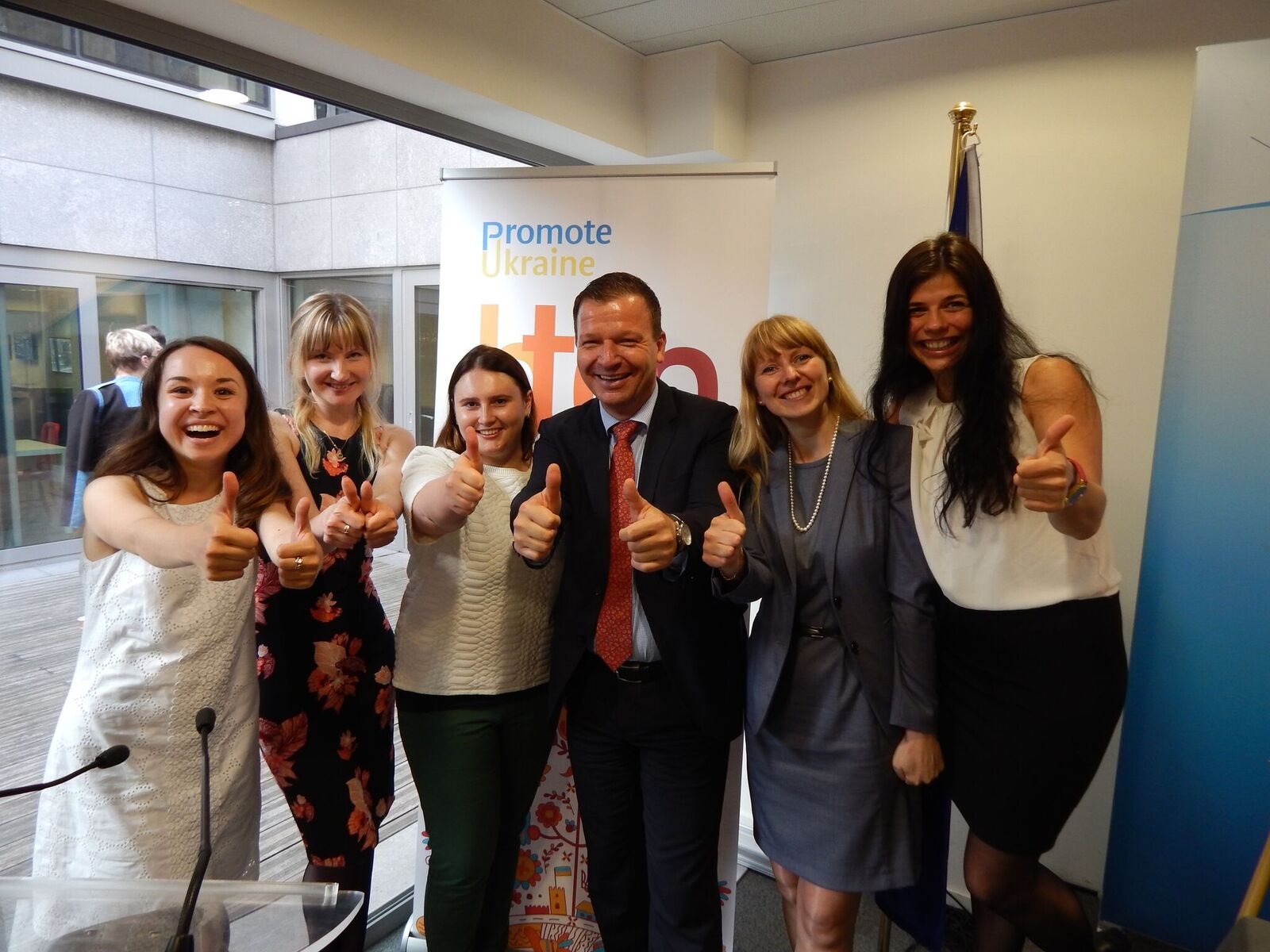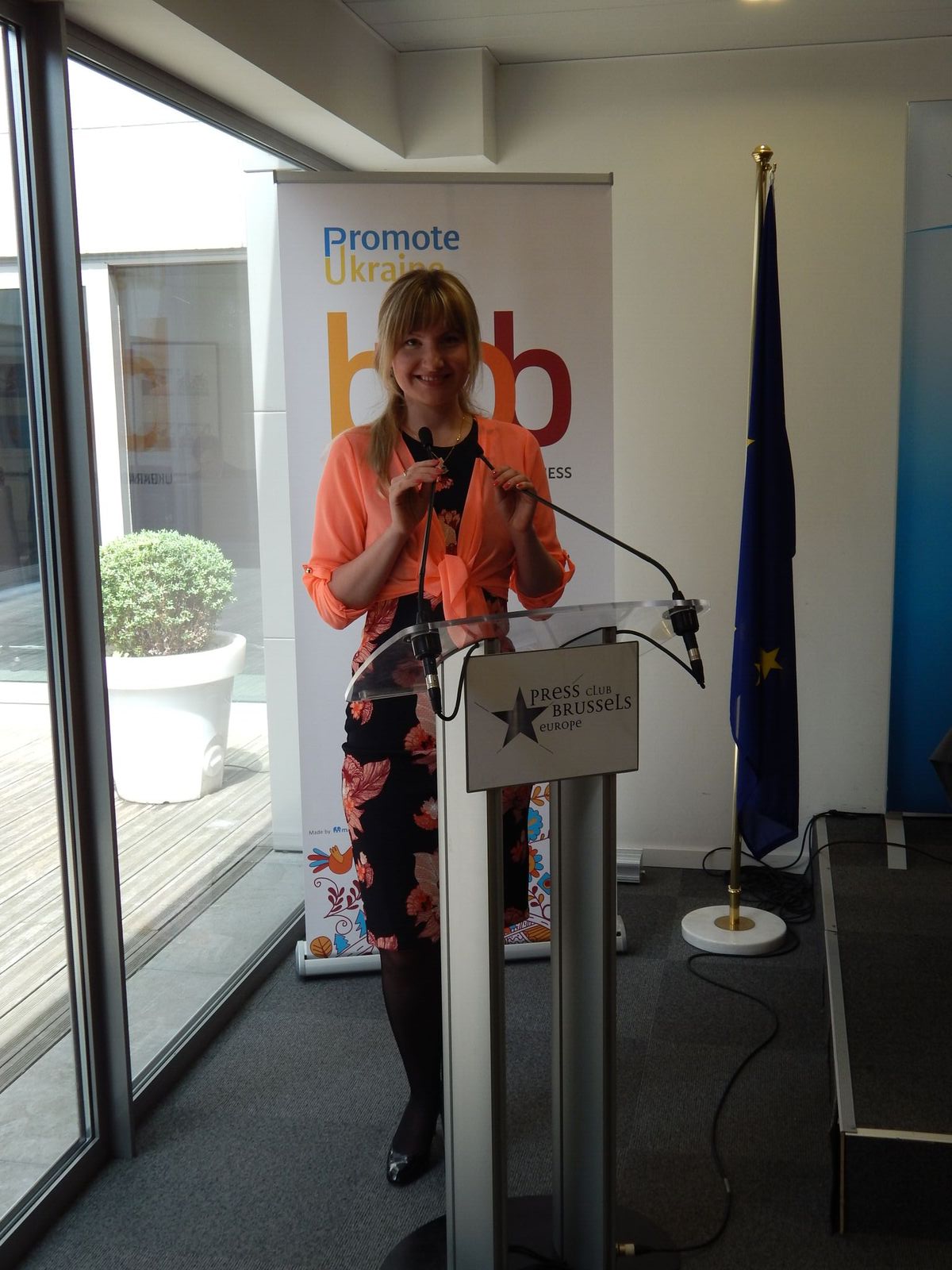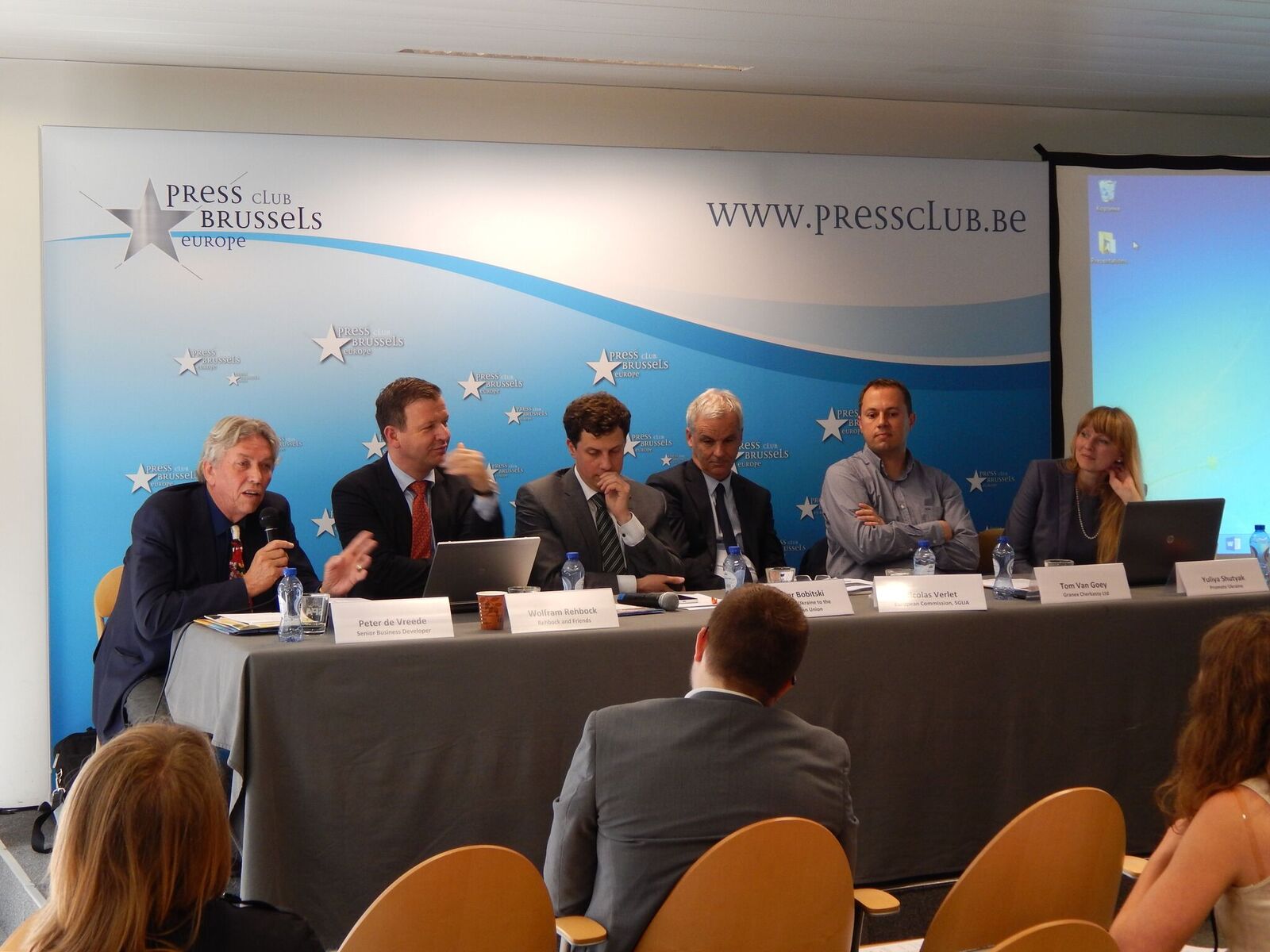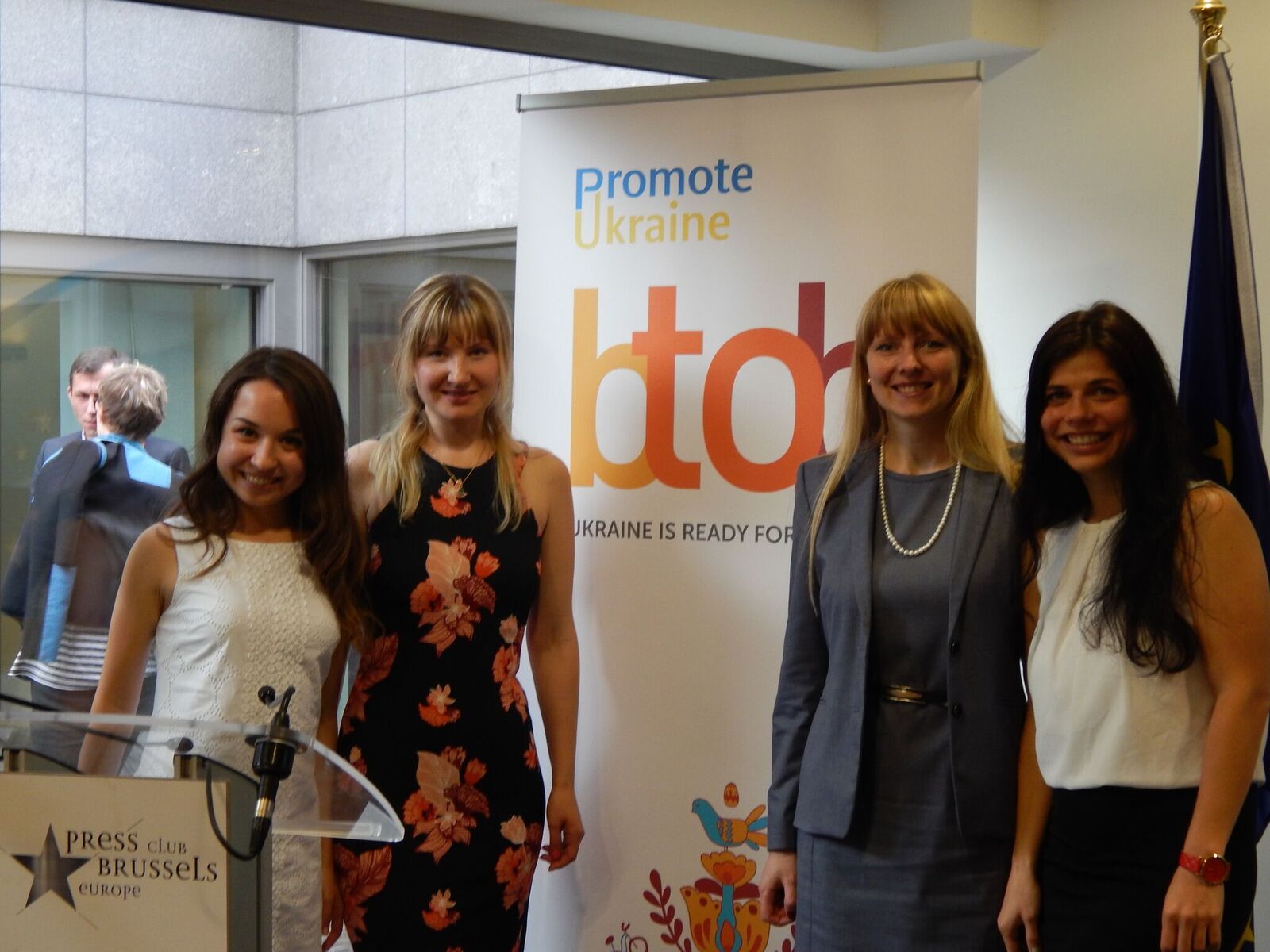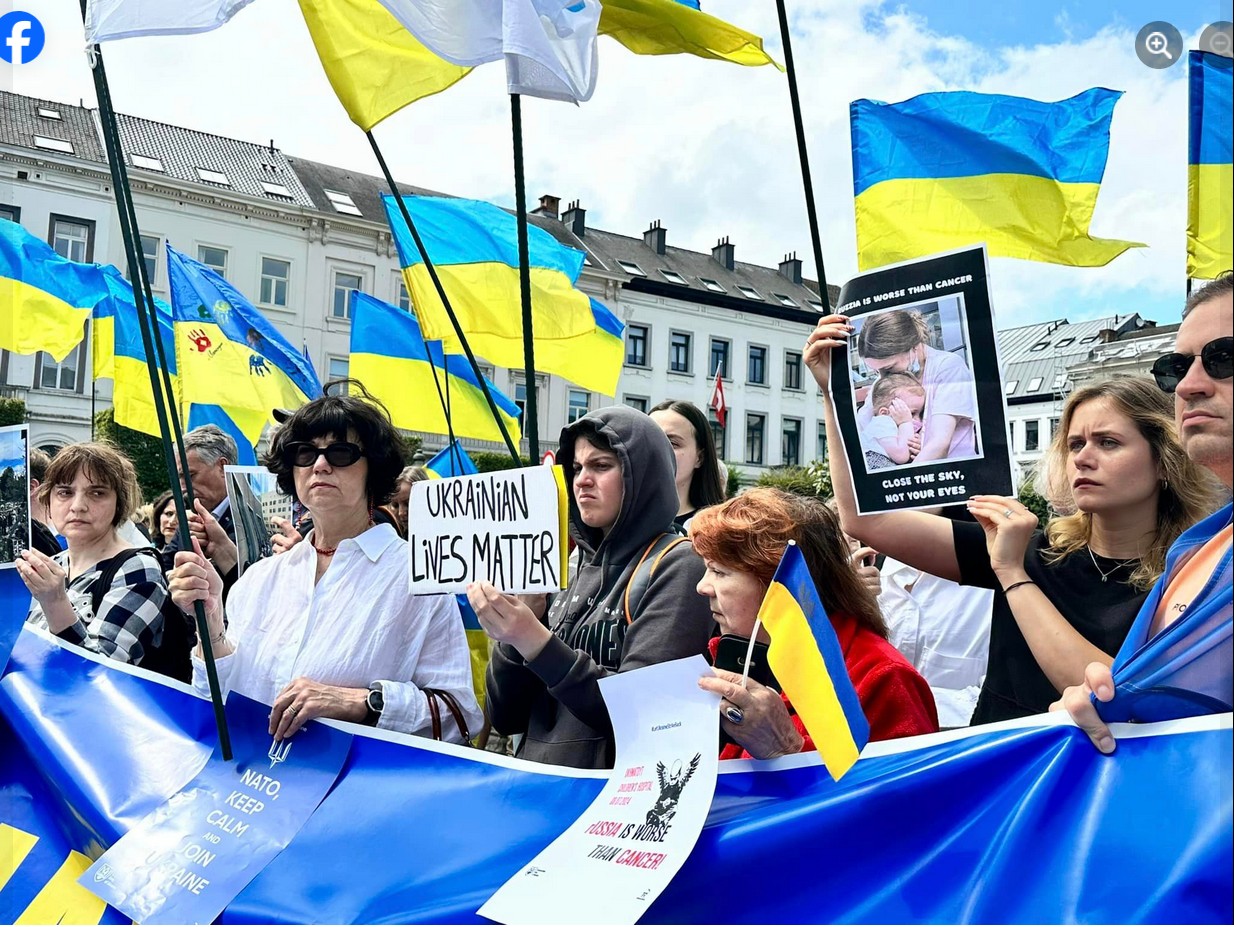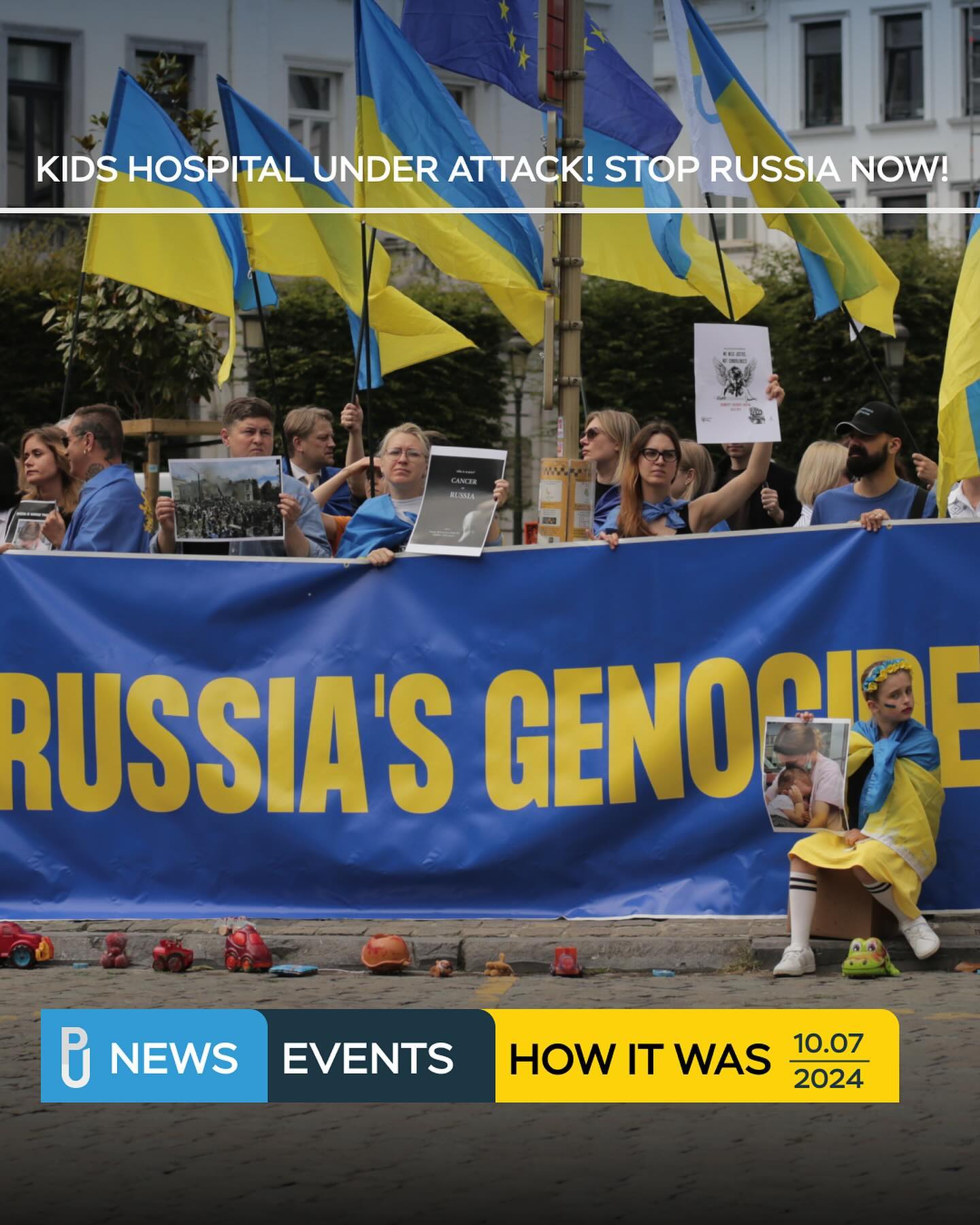Foreign investors have the opportunity and should invest in Ukraine. Despite clear challenges, Ukraine, as a country with great resources of black rich soil (chernozem) and many high-skilled high-educated workers, is extremely attractive for European agrarians. This was the topic of the seminar: “Doing business in Ukraine: Focus on agriculture”, organized by NGO Promote Ukraine and its partners Rehbock & Friends, Brussels Plus, and others.
The seminar took place on the 14th of June in Brussels. Among the speakers, there were European and Ukrainian experts from the European Commission and the Mission of Ukraine to the EU, as well as practitioners, who had direct experience of running a business in Ukraine.
Every fifth Ukrainian is employed in the agricultural sector. 25 out of 100 biggest companies in Ukraine are agrarian
“Every fifth Ukrainian is employed in the agricultural sector. 25 out of 100 biggest companies in Ukraine are agrarian,” pointed out Nazar Bobitski, Counsellor and Acting Head of the Trade and Economic Section of the Mission of Ukraine to the European Union, in his presentation of the agricultural potential of Ukraine. According to his report, one year before the crisis Ukraine’s cooperation with EU had been growing fast. At that time export volume to Europe grew by 16%. Currently, Ukraine is working on attracting foreign investments; the government is improving the juridical system, develops pilot projects, and encourage funding for the support of the agrarian initiatives.
Wolfram Rehbock, the Head of the German Bar Association in Ukraine, highlighted the main obstacles for potential investors: obscure law regulation, impossibility to buy agricultural land in a property (due to the moratorium until 2017), deficient tax system and systems of other obligatory payments to the government. Moreover, he pointed out that “Ukraine has a difficult time competing with Europe because Ukrainian technologies do not yet reach the standards accepted in Europe”.
“Ukraine has a difficult time competing with Europe because Ukrainian technologies do not yet reach the standards accepted in Europe”
The legislative problems are among the main barriers that impede foreign investments, as argued by Peter de Vreede, a consultant on the investment projects, who has been working in Ukraine for 23 years. According to him, at the same time, there is a big will for changes, and this will is empowered by the ongoing development of the relationships between Ukraine and the EU. ”If the Association Agreement comes into effect, it will be easier to import European equipment to Ukraine. Moreover, its price will drop for Ukrainians and in this way, Ukrainians will be able to reach European standards in agricultural and food sector, and this automatically means increase in sales turnover”, explained Peter.
Tom Van Goey, a Belgian national, owner of the Granex Cherkasy, a family business which produces grains and vegetables in Ukraine, shared his family story to exemplify how to be successful in Ukraine: “The company was started by my father, who invested 10 000 euro in 2000 and, having only 50 hectares doubled this number within a year. Nowadays we have 2800 hectares and plan to expand to 5000 hectares”. According to him, their family business has the strong support of local people as “People do not want to give their land to big agricultural holdings because their owners stay in Kyiv and do not care about the rural areas. We, by contrast, give 10 000 euros every year for the development of the villages”.
“The picture is not all that good and positive, but Ukraine is suitable for business. I see the new government will reform. The key aspect here is uniting foreign donors in Ukraine in order to push the process of reforms”.
Team Leader for Agriculture and SPS issues as well as a member of the Support Group for Ukraine (SGUA) at the European Commission, Nicolas Verlet, pointed out: “The picture is not all that good and positive, but Ukraine is suitable for business”. I see the new government will reform. The key aspect here is uniting foreign donors in Ukraine in order to push the process of reforms”.
After the presentations, all participants had a chance to ask questions and engage in discussion with the panelists. The Q&A section was followed by a reception where both speakers and guests could continue their discussion, exchange opinions, and experiences in an informal atmosphere. Let’s hope that this seminar brought Ukraine one step closer to fulfilling its agricultural potential and brought European businessmen and investors closer to Ukraine.






 UA
UA FR
FR DE
DE